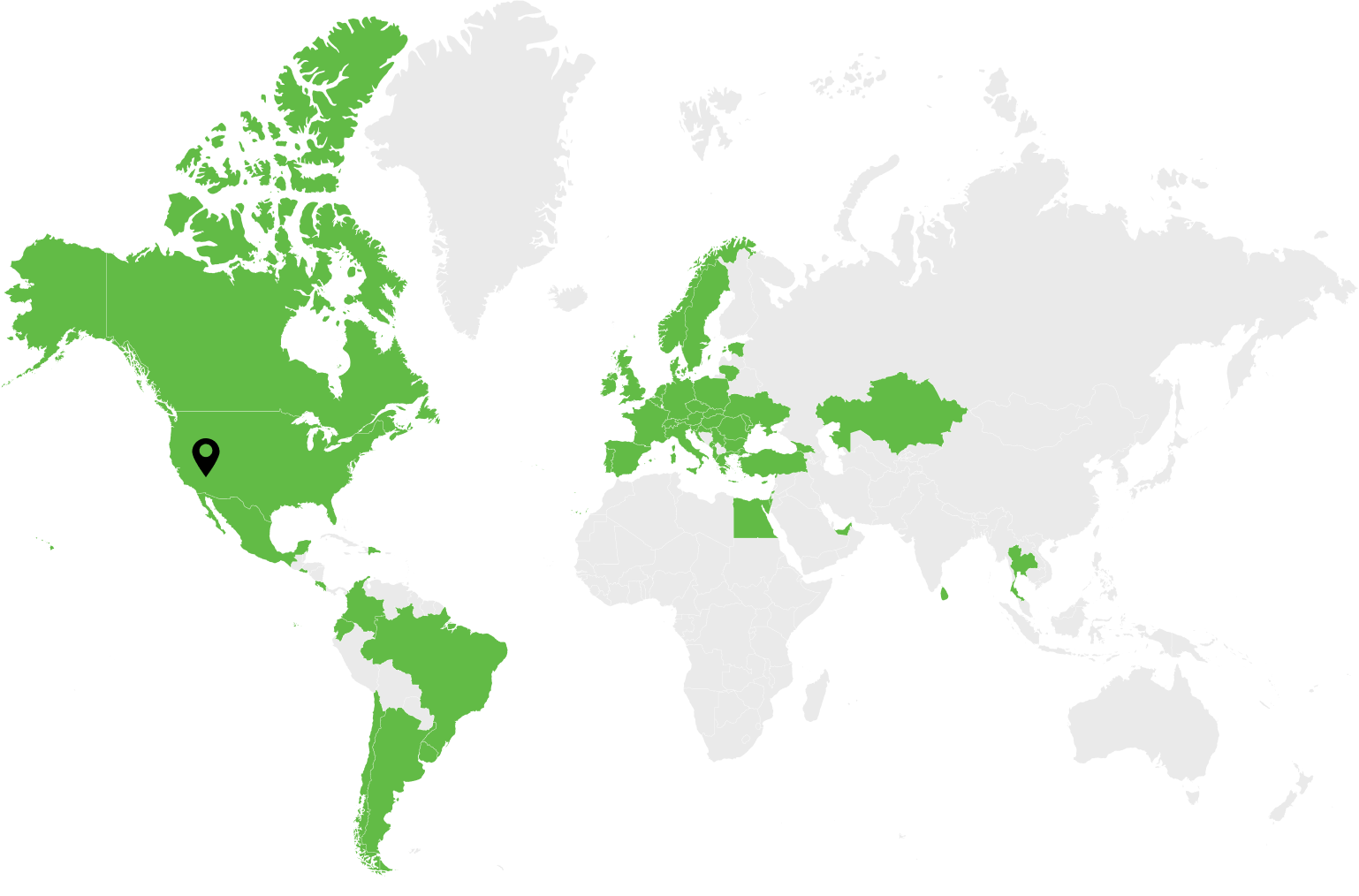In the era of AI and digital transformation, the demand for data professionals is at an all-time high. The U.S. Bureau of Labor Statistics predicts that data analyst management jobs are expected to grow 175% faster than other jobs in the coming years.
There are compelling reasons for this growing demand for skilled data professionals. In today’s digital-first world, data has become one of the most valuable business assets. Yet, the real value doesn’t come with data itself, but rather with what companies do with it.
That’s where effective data management comes into play. Building systems that track and deliver enterprise-level insights is critical in a world that increasingly relies on data-driven decisions.
The Role of Data in the Modern Business World
The widespread use of digital tools like smartphones, POS systems, and IoT sensors is creating data at an unprecedented rate. In fact, the world generated over 149 zettabytes of data in the year 2024 alone. To put this number in context, if each byte were a grain of sand, they would cover every beach on the Earth many times over.
For tech-enabled companies in industries like retail, fintech, and healthcare, every customer interaction with a digital property generates data. In retail, for example, this means customers leave usable data behind every time they browse products, add items to a cart, or complete a purchase.
No matter the industry, organizations rely on this critical customer data to make key business decisions. The impacts are hard to ignore. As McKinsey & Company explains, “Data-driven companies are 23 times more likely to top their competitors in customer acquisition” than others.
The Cost of Data Poor Capture & Reporting
While every tech-enabled business generates massive amounts of data, not all use it wisely. When data isn’t captured and reported correctly, it can create serious challenges instead of serving as a powerful growth tool.
Misalignment Across Departments
Poor data capture and reporting create silos where departments get stuck relying on conflicting information. In financial services, this might show up when risk management and sales teams use different data sets. While sales teams could approve loans to drive revenue, risk managers may flag the same clients as high-risk. Without unified reporting, these conflicts slow decision-making and undermine customer trust.
Missed Opportunities
Especially in the age of AI, the ability to effectively capture, organize, and report data is becoming an absolute game-changer. Digital transformation and the rise of AI have significantly changed what organizations require in terms of data management.
As AI technology becomes a core driver of competitive advantage, IT teams must get on board with this revolutionary new technology. Yet, as IBM explains, “only 29% of tech leaders believe their enterprise data meets the necessary quality, accessibility, and security standards to scale generative AI.”
Compliance & Risk Issues
Weak data capture and reporting make it harder to stay compliant and manage risk. When information is incomplete or inconsistent, problems often slip through the cracks. In hospitality, for example, missing incident logs can lead to overlooked health and safety issues, exposing hotels to fines, eroding trust, and harming brand reputation. The long-term impacts of such incidents are tough to quantify.
The Benefits of Modern Data Capture & Reporting Systems
When tracking and reporting are done right, data becomes a strategic asset that guides growth, strengthens alignment, and uncovers new opportunities.
Alignment Across Departments
Modern data and reporting practices align departments by giving everyone access to the same accurate information. In healthcare, for instance, clinical teams can view real-time data on patient readmission rates alongside operations and finance. With this shared visibility, doctors adjust care plans, administrators allocate resources, and finance tracks costs, all working toward the same outcome of reducing readmissions and improving patient care.
Faster, Smarter Decisions
Smart data usage is a huge competitive advantage in a business world where speed and personalization are paramount for success. As Forrester explains, businesses that use data effectively “are eight times more likely to say they grew by 20% or more than beginner firms” without effective data usage strategies. An example would be retailers tailoring promotions to individual shoppers in real time to ensure faster, smoother experiences that drive loyalty.
Improved Security & Compliance
Since data management gives organizations better visibility into sensitive information and how it is accessed, it strengthens security and compliance. With accurate reporting and centralized tracking, companies can quickly spot anomalies, prevent unauthorized activity, and maintain audit-ready records.
For regulated industries like finance and healthcare, this means not only meeting requirements like GDPR or HIPAA, but also proactively reducing risk exposure while protecting customer trust. In 2024, the Securities and Exchange Commission (SEC) underscored these stakes by fining 26 brokers and advisors nearly $400 million for violating recordkeeping provisions of federal securities laws.
How Dev.Pro Helps Enterprises Transform Data Into Decisions
At Dev.Pro, we specialize in delivering end-to-end reporting and analytics solutions that help enterprises turn raw data into actionable insights. Our teams build centralized, real-time reporting systems tailored to each industry, including hospitality, fintech, retail, and beyond. We collaborate closely with clients to map key performance indicators (KPIs), integrate internal and third-party systems, clean and visualize data, and deliver it in accessible dashboards.
Dev.Pro Case Study: Global Payments
Recently, Dev.Pro partnered with the financial services company Global Payments to create a platform that organizes raw merchant data. In doing so, Dev.Pro helped Global Payments build its new Analytics Product Suite that consolidates disparate data sources like credit card transactions and customer demographics into clear, actionable dashboards. Global Payments can now easily:
- Track business performance
- Validate marketing efforts
- Make data-driven decisions with confidence
Dev.Pro modernized the Analytics Product Suite with a service-oriented approach that enables zero-downtime deployments, faster time-to-market, and easy localization across regions.
Summary
In an era where businesses increasingly rely on AI and advanced data capabilities, the need for effective data capture and reporting is more critical than ever. Within this realm, new types of companies are beginning to emerge. As Forrester explains, “These customer-obsessed firms systematically harness [data] insights across their organization[s] and implement them to create competitive advantage.”
Perhaps at no other time have knowledge gaps in new technologies and methodologies created winners and losers so quickly. While companies that effectively capture and use data are pulling ahead of competitors, those just a few steps behind may find themselves in quite dire circumstances before they know it.
Ready to Transform Your Data Tracking, Reporting & Analytics?
Better data capture and reporting start with the right systems and the right partner.
At Dev.Pro, our solutions uncover revenue opportunities, improve cost efficiency, and strengthen risk management. Whether building new reporting frameworks or enhancing existing systems, we ensure you can act quickly, strategically, and confidently with your data.
Get started today!

